Thanks to its remarkable biodiversity, natural beauty, and rich cultural heritage, Uganda can offer eco-tourists a wide range of unique and sustainable activities.
Visitors can enjoy authentic safari experiences while contributing to conservation and local community development, ensuring the country’s treasured environments and traditions remain pristine and protected. Here’s everything you need to know about ecotourism in Uganda.
1. National Parks and Wildlife Reserves
Uganda is home to a network of protected areas, including 10 national parks, six wildlife reserves, and several forest reserves. With their diverse landscapes and abundant wildlife, these locations attract eco-tourists from all over the world who want a sustainable safari experience.
Park fees and permit costs help fund conservation efforts and research while helping to support local communities.
2. Birdwatching
With over 1000 recorded bird species, Uganda is heaven for birders and avian photography enthusiasts. Highlights include the rare and sought-after shoebill stork, the endemic, green-breasted pitta, African paradise flycatchers, African pied hornbill, and red-throated bee-eater.
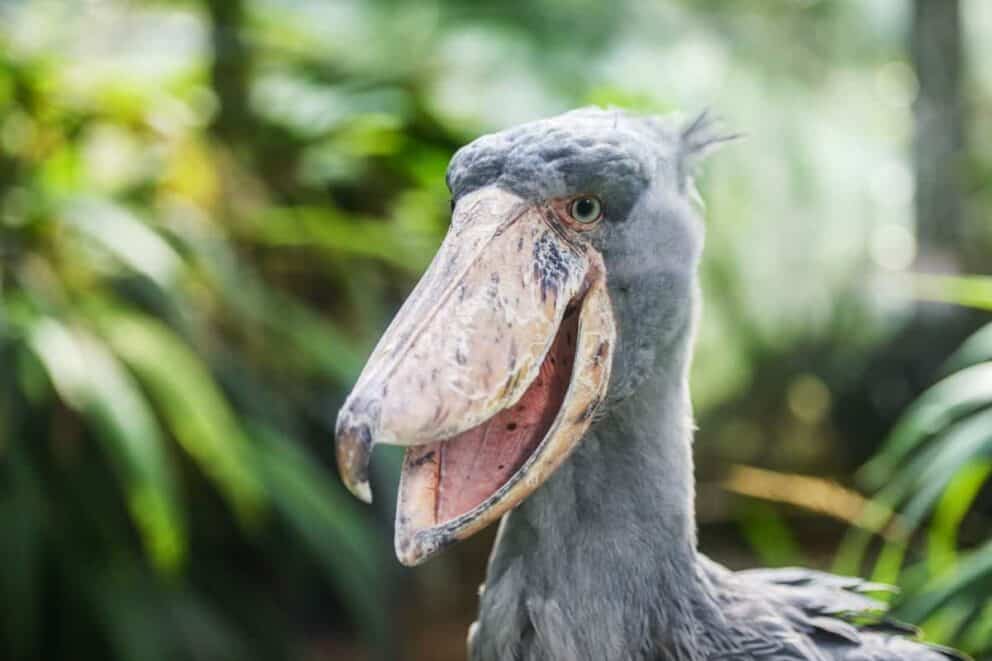
Bwindi Impenetrable National Park, Mabamba Swamp, Semuliki National Park, and Queen Elizabeth National Park are all key birding destinations. Hire a local guide who knows the area and can direct you to that unforgettable sighting.
3. Gorilla Trekking
Bwindi Impenetrable National Park and Mgahinga Gorilla National Park both offer guided mountain gorilla trekking tours, giving visitors (in small groups) the opportunity to responsibly witness and photograph these fascinating creatures in their natural habitat.
This activity is restricted to only a few permits per day. Watch them eat, play, and groom each other deep in the forest – it’s an awe-inspiring experience.
4. Primate Tracking
Gorillas aren’t the only primates in Uganda. There’s also the chance to track other species, like chimpanzees in Kibale Forest National Park and on Ngamba Island.
Head to Mgahinga Gorilla National Park to spot golden monkeys in the wild and marvel at their ability to move swiftly through the forest canopy. Experienced guides maximise your chances of tracking down these agile apes.
5. Community-Based Tourism
Travelers can immerse themselves in Ugandan culture and traditions through community-based tourism activities. Stay in a homestay, visit villages, and learn about local crafts and customs. These cultural interactions help support local communities and shine a light on their unique heritage.
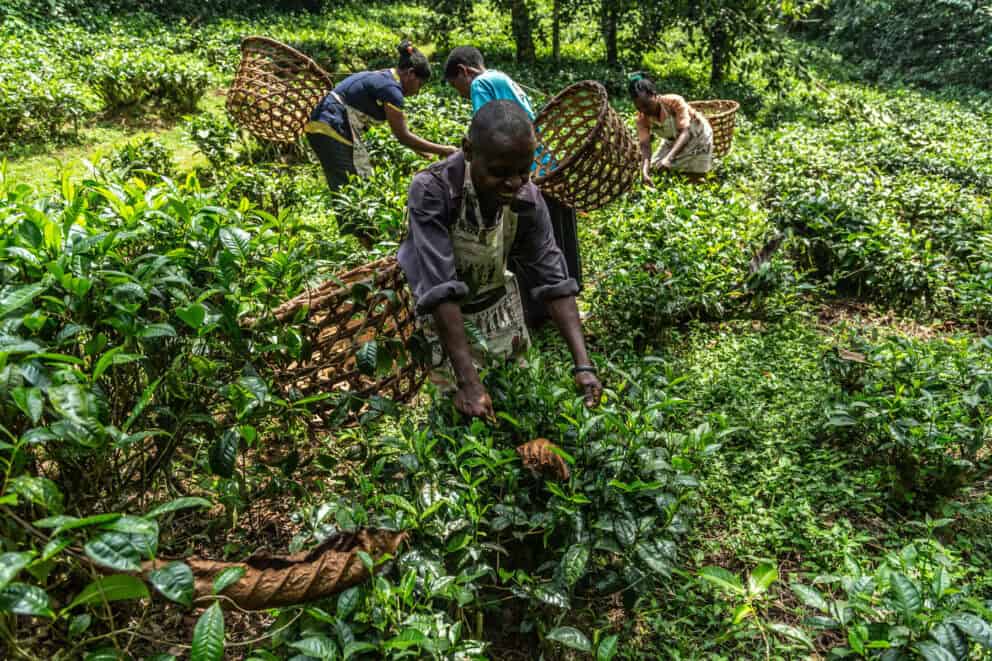
Popular community tourism activities include visiting the Batwa pygmies, learning about traditional fishing on Lake Victoria, and touring the Kasubi Tombs.
6. Nature Walks and Hikes
With its rainforests, cloud forests, and savannah grasslands, Uganda offers hikers and nature enthusiasts a wide range of trails to explore. Travelers can take guided hikes, nature walks, and forest treks to really immerse themselves in the varied ecosystems.
Kibale Forest National Park and Rwenzori Mountains National Park are both excellent destinations. Adventurous visitors can even climb to the summit of Mount Rwenzori.
7. Conservation Initiatives
Many camps, lodges, national parks, and reserves are associated with some form of conservation initiative. Park fees and tourism revenue are channelled into these projects to protect wildlife and habitats and engage in sustainable tourism practices.
The Uganda Wildlife Authority (UWA) is just one of many organizations managing protected areas and spearheading conservation efforts.
8. Sustainable Lodging
There are a number of eco-lodges and camps in Uganda that minimize their environmental footprint, using local materials, employing local people, and supporting local communities. Some popular eco-lodges and camps are:
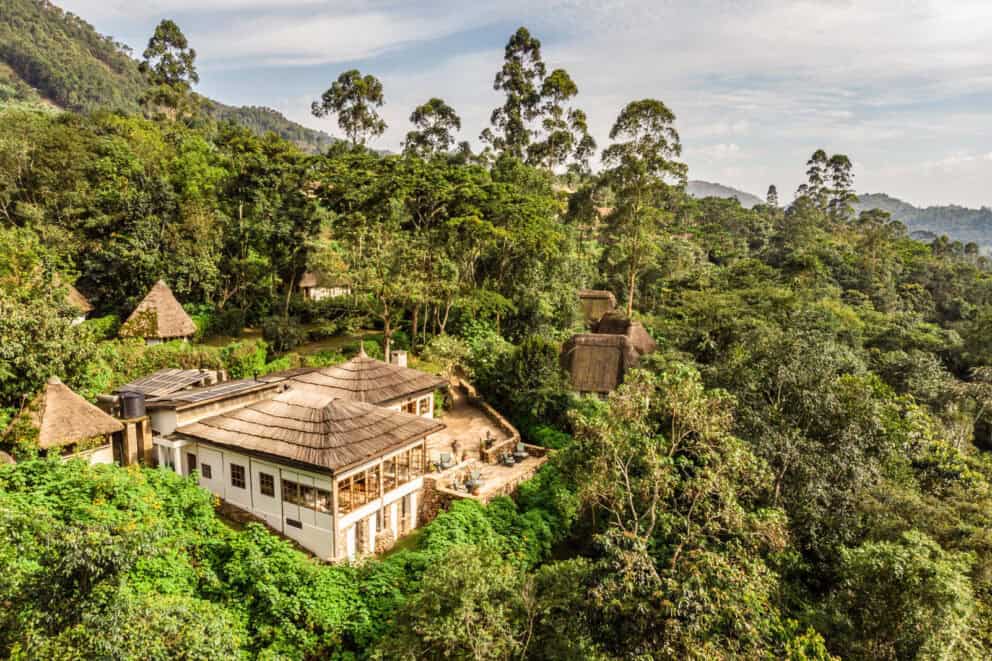
- Bwindi Impenetrable National Park: Volcanoes Bwindi Lodge
- Mgahinga Gorilla National Park:Gahinga Lodge
- Kibale National Park: Ndali Lodge
- Murchison Falls National Park: Murchison River Lodge
- Queen Elizabeth National Park: Kyambura Gorge Lodge
9. Adventure Tourism
Uganda offers thrill seekers a range of adrenaline-pumping activities, from guided whitewater rafting on the Nile River, mountain biking and zip-lining through forests to kayaking on the country’s many lakes and rivers. By hiring a local guide you contribute to the community’s economy.
10. Ecological Research and Education
Various educational programs and research opportunities offer travellers the chance to gain a deeper understanding of Uganda’s ecology and conservation projects.
Ecological research and education play a crucial role in promoting conservation, raising awareness about Uganda’s rich biodiversity, and ensuring the long-term sustainability of its ecosystems. Visitors can engage in research activities such as bird banding, wildlife tracking, and vegetation surveys.
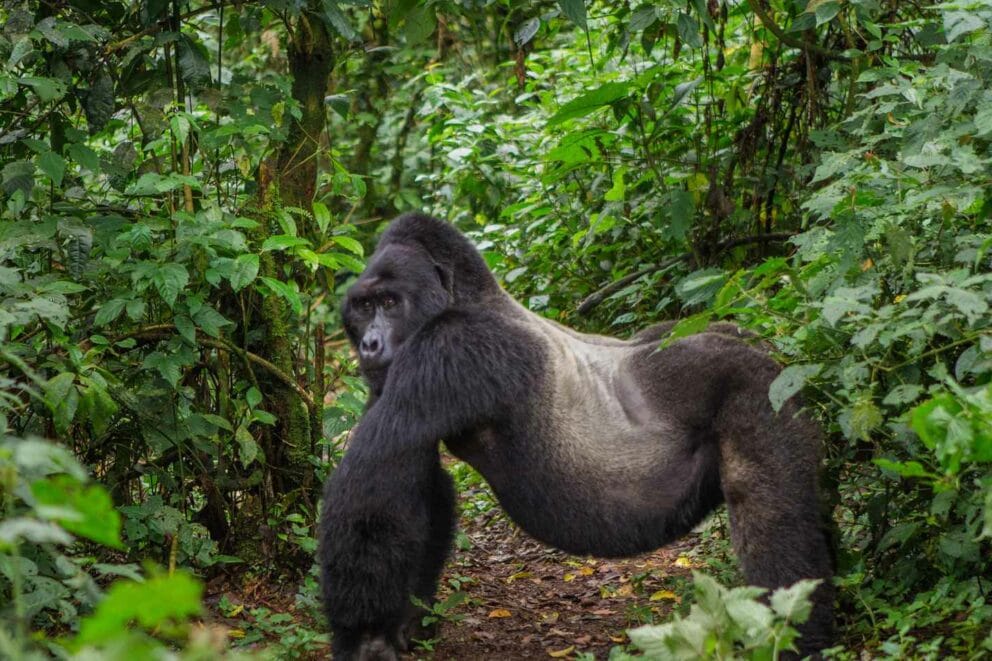
By choosing a responsible tour operator and accommodations that prioritise environmental and social sustainability, travellers to Uganda can contribute to conservation efforts and help support the livelihoods of local people.
Speak to a safari expert at Discover Africa today about planning a sustainable, eco-conscious, tailor-made luxury safari tours in Uganda.






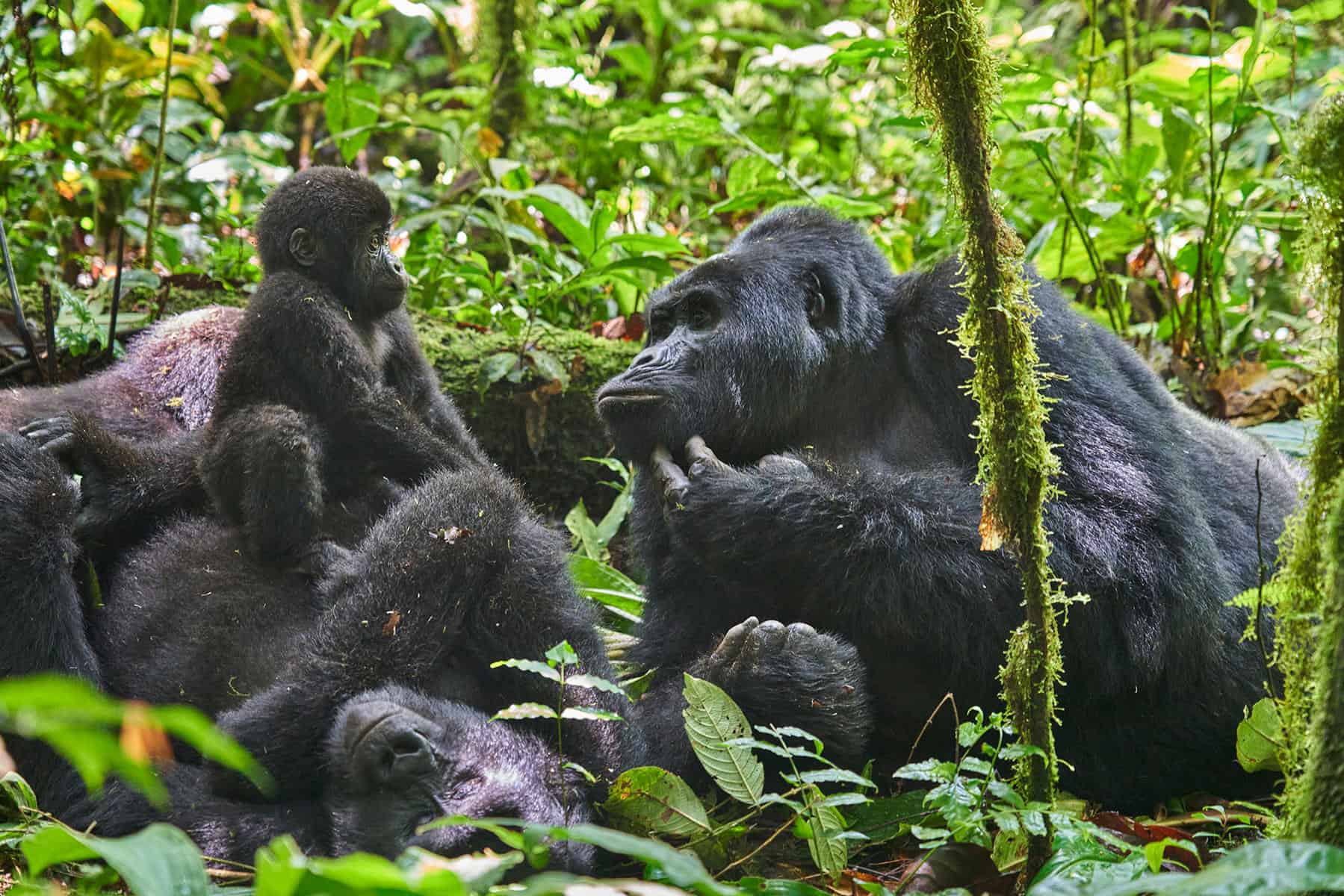
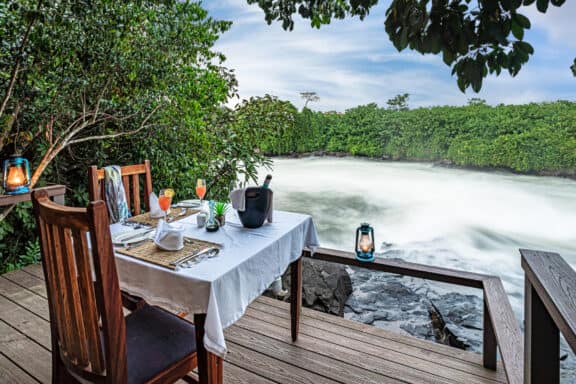
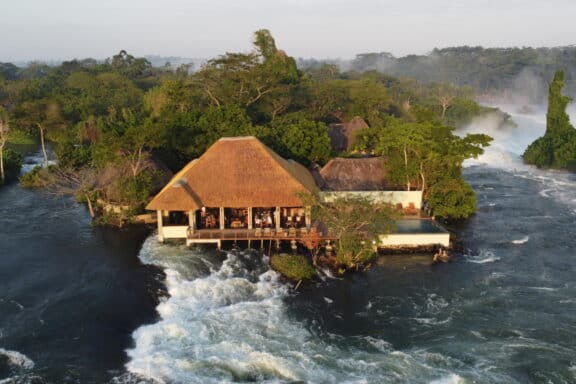
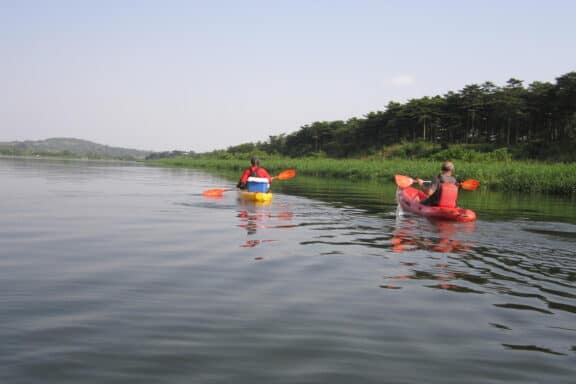
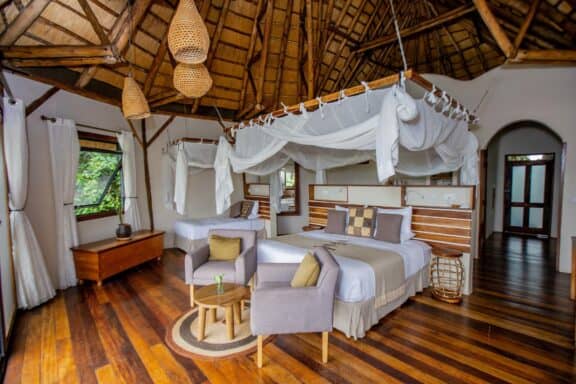

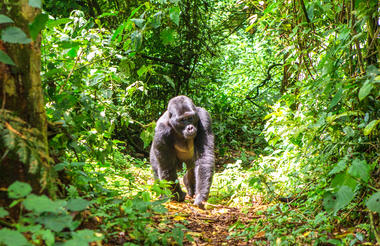
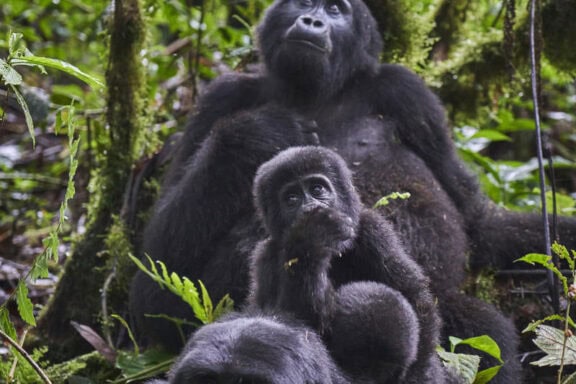
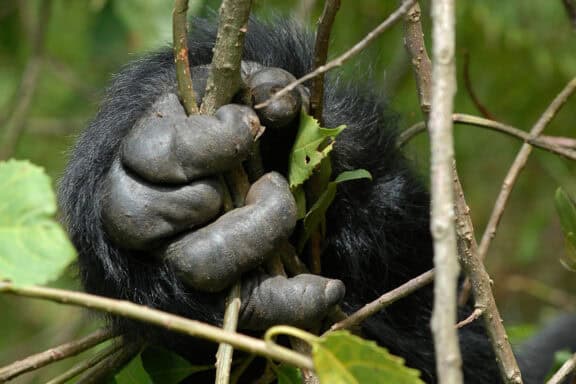
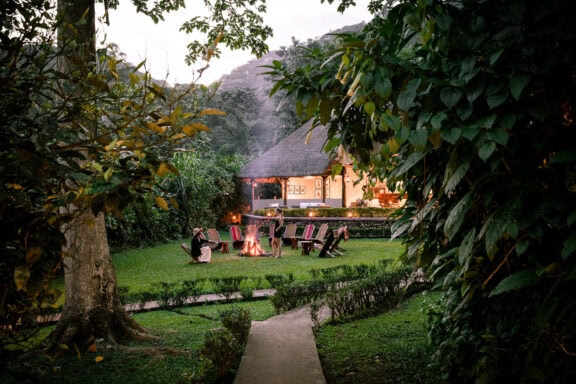






 Blog List
Blog List


 10 May 2024
10 May 2024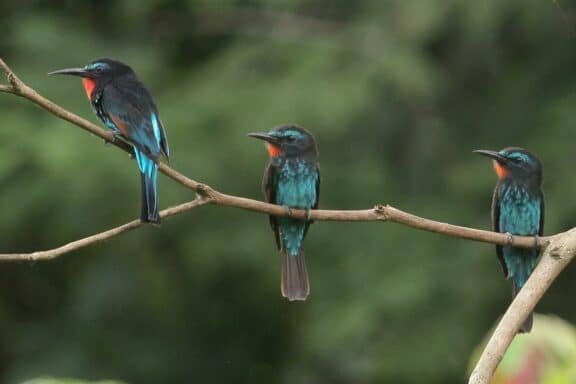












Written by Johnieka Holtzhausen
• Travel Writer
Verified by Susan Veldman
• Africa Safari Expert
Part of the Uganda Safari Collection